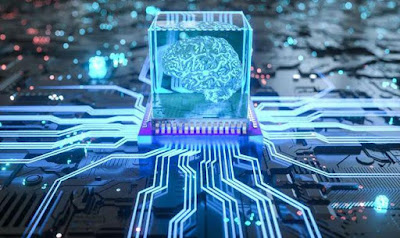Although robots with awakened consciousness and independent thinking often appear in film, television and literature, the question of "whether artificial intelligence (AI) can have personality consciousness" has actually been debated by physicists, psychologists, and computer scientists For decades, there is still no conclusion.
The latest wave of wide-ranging discussions about the AI awakening in the industry was sparked by a Google employee named Blake Lemoine. Blake works in Google's AI ethics department, where his job is to test whether Google's chatbot, LaMDA, produces discriminatory language or hate speech when it communicates with humans. On June 11, Blake publicly exposed a 21-page document titled "Is LaMDA Conscious?", which detailed the chat records with LaMDA in the past six months. Blake believes that LaMDA Consciousness has arisen, with the IQ of a seven- or eight-year-old child.
In this regard, Google said that the company's team, including ethicists and technical experts, has been reviewed according to Google's artificial intelligence principles, but there is no evidence that LaMDA is conscious. At the same time, on June 13, Google asked Blake to take paid leave on the grounds of breaching a non-disclosure agreement, which in Blake's view was a "prelude" to Google's dismissal.










